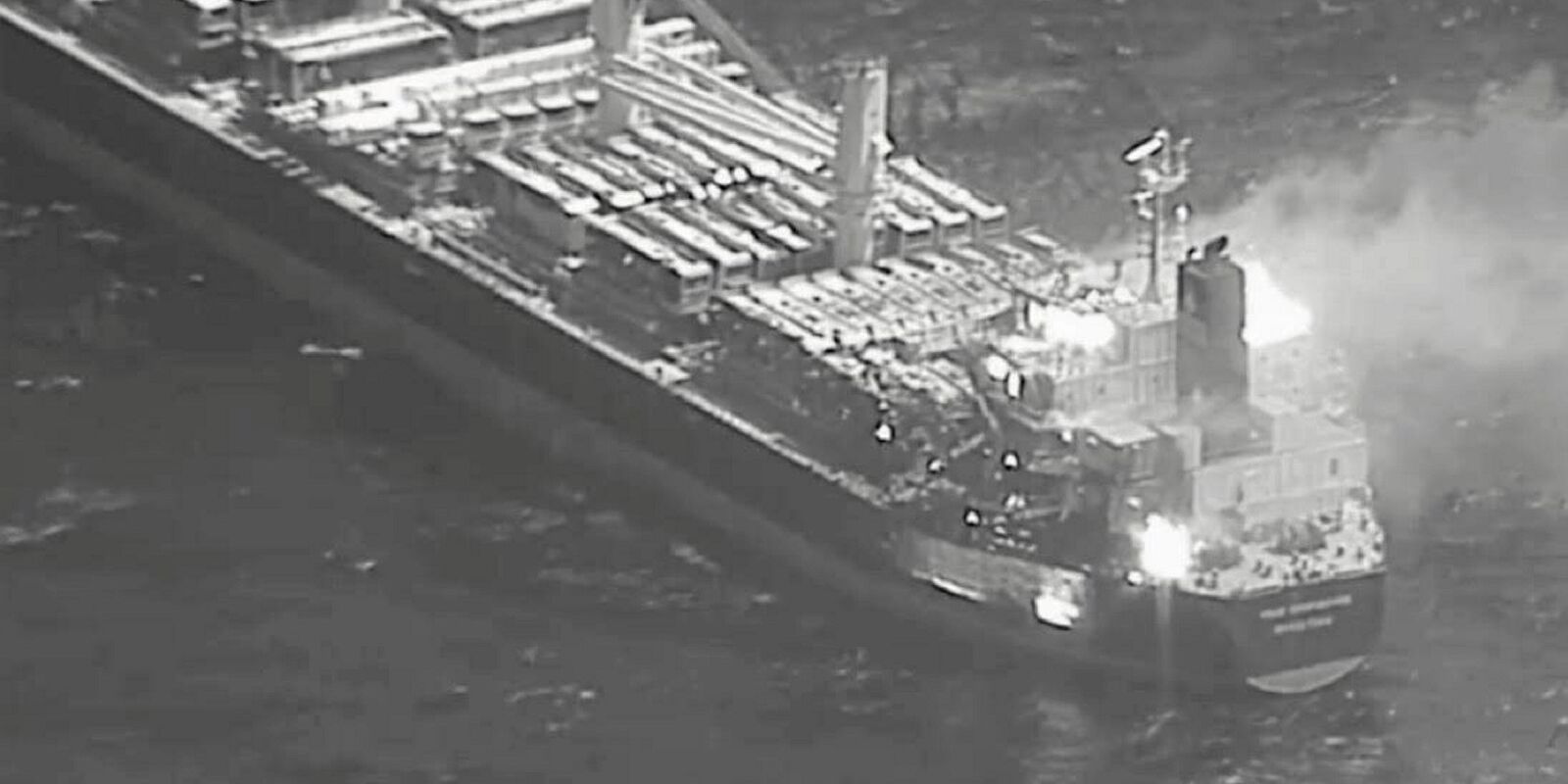Companies steering clear of the Red Sea should not be expected to resume transits quickly, even if a ceasefire is eventually agreed in the Gaza Strip, Lars Barstad said on Wednesday.
“We all want [a] ceasefire between Hamas and Israel, but to expect owners to put their seafarers at risk passing Red Sea/Gulf of Aden anytime soon is a bit naive,” the chief executive of major tanker player Frontline wrote in a post on X.
“Any ceasefire will be vulnerable with risk of crew being caught if it breaks.”
Yemen’s Houthi rebels have been attacking ships crossing the Red Sea since mid-November, in an attempt to disrupt Israeli trade and put pressure on the Israeli government to halt its war with the Hamas group in Gaza.
More than 100 confirmed strikes via drones, missiles, attempted boardings and one hijacking have resulted in the deaths of three seafarers and 10 Houthi fighters, the sinking of the 32,200-dwt bulker Rubymar (built 1997) and the abduction of 25 crew members on the 5,100-ceu Galaxy Leader (built 2002).
As a result of the Houthi threat, transits through the Red Sea and the Suez Canal have dropped by about half from levels before the crisis, to about 35 a day, according to PortWatch data. Longer voyages have boosted shipping companies’ earnings.
Hopes of a ceasefire in the Palestinian territory have been rekindled after the United Nations Security Council approved a resolution to that effect on Monday.
According to wire reports, the US will examine on Wednesday a response by Hamas to the ceasefire plan, which is promoted by Washington.




